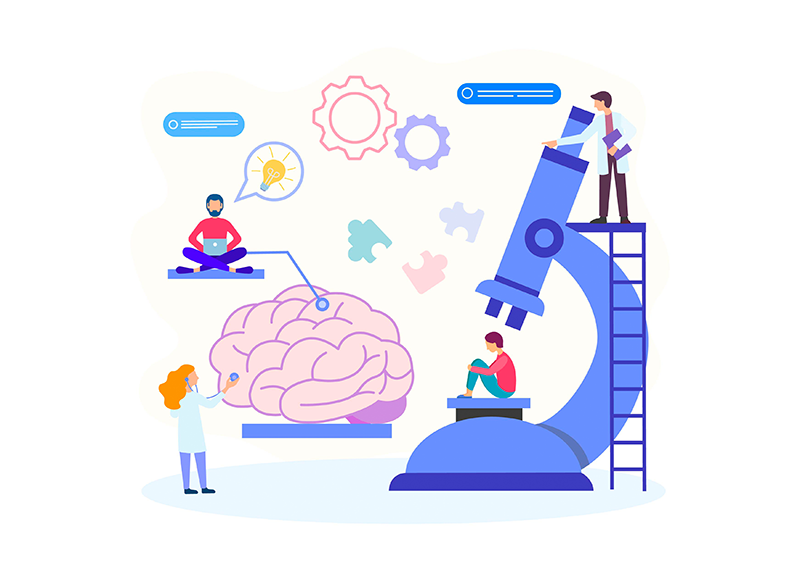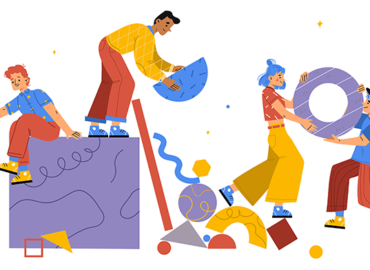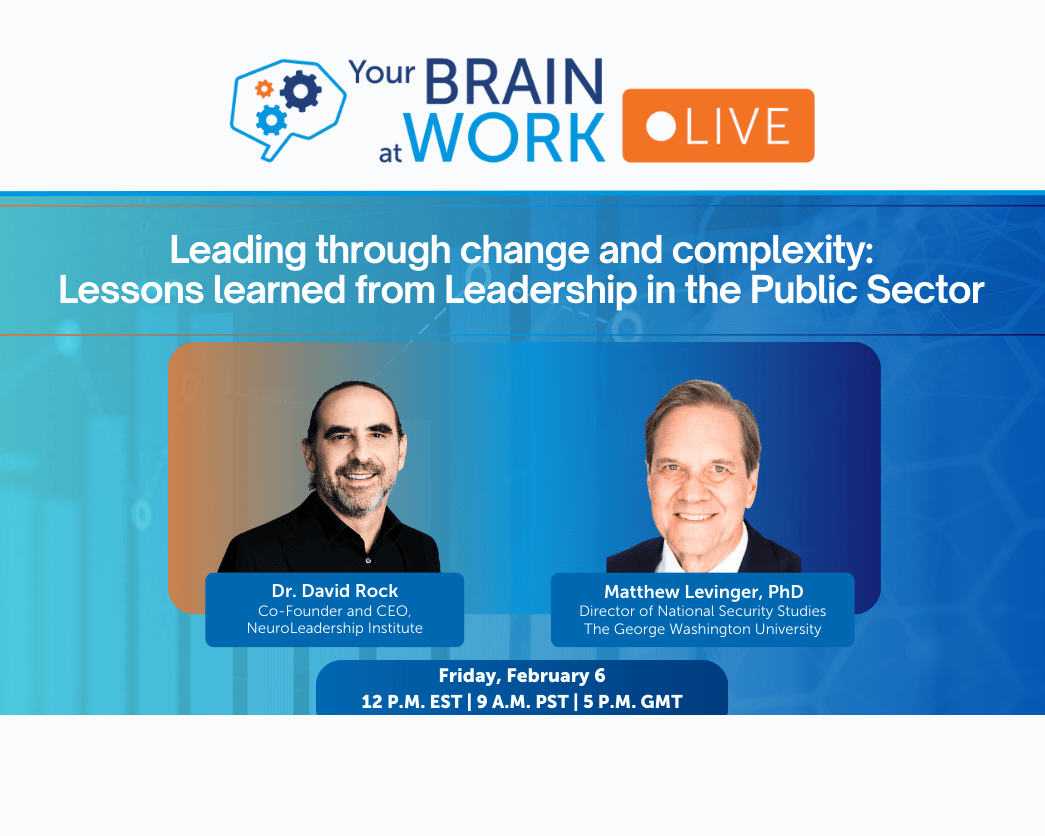Making Organizations
More Human
Through Science
For over 25 years, the NeuroLeadership has supercharged organizational talent with brain-based diagnostic tools, executive coaching, scalable learning solutions, and advisory services.
Partner with us to harness the neuroscience of behavior change — and build more effective organizations.
Upcoming Events
“The greatest value of working with NLI is understanding the deep science behind all our behaviors. It helps us learn, practice, and perform.”

Case Studies by Practice Area
Drive Change Today
Stop wasting resources on change programs that don’t get results. Follow the science to start transforming your organization on Day 1.
Insights
World-changing thought leadership at your fingertips.
Advisory
Clear strategies & frameworks to accelerate transformation.
Behavior Change
Scale quickly with proven habit activation initiatives.
How can we help you?
Sign up for our newsletters, or contact us.

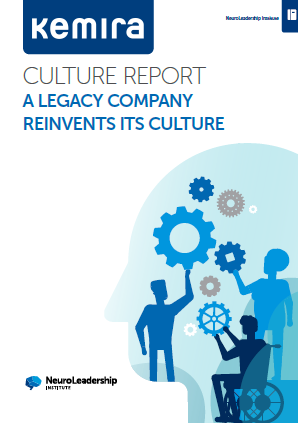
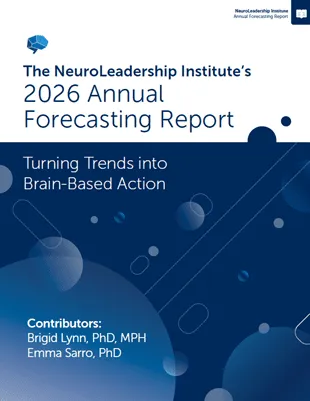
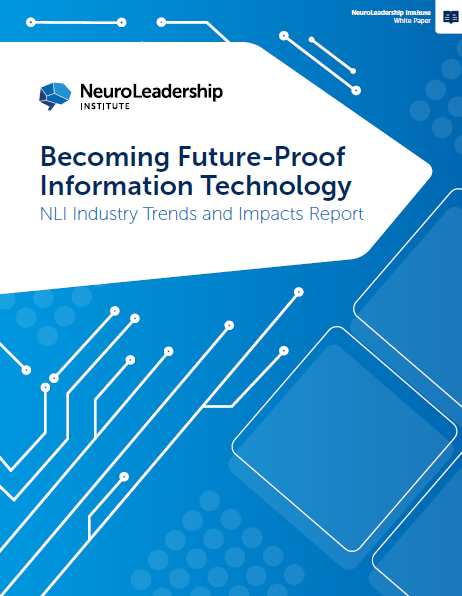

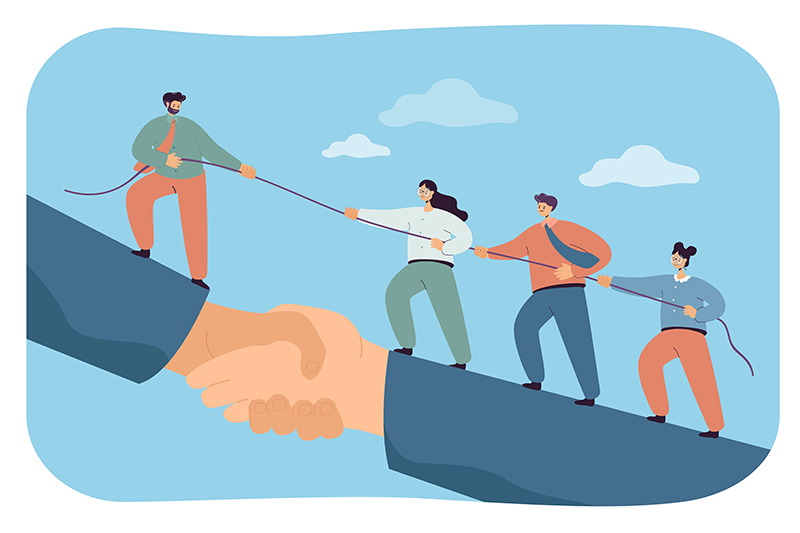
.png)
